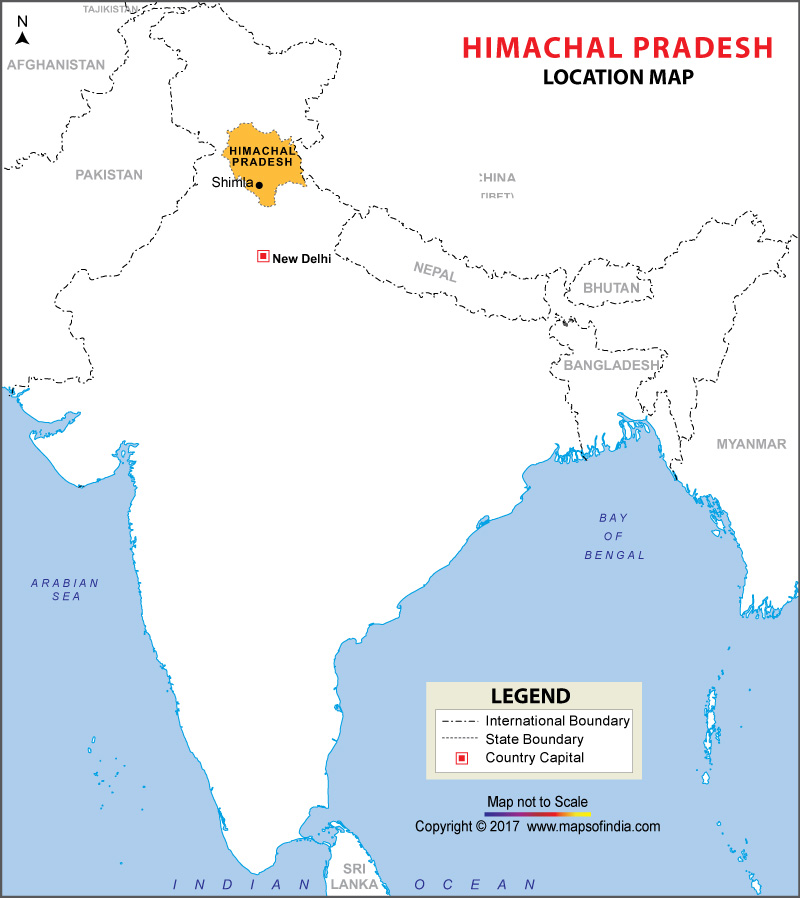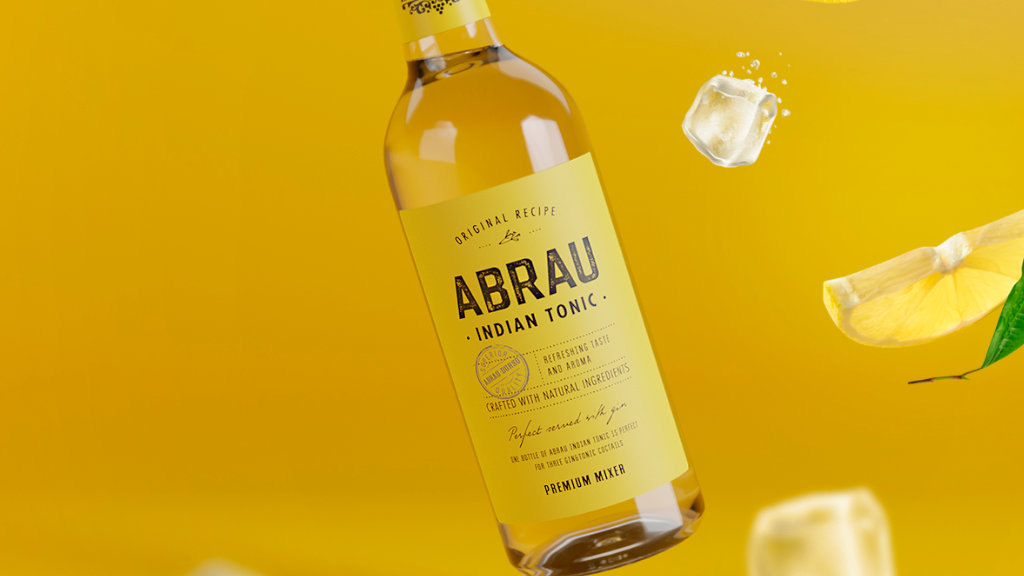Abrau-Durso, Russia’s leading producer of sparkling wines, has begun producing sparkling beverages in India. Boris Titov, Abrau-Durso’s principal owner has said the initial trial batch will total 10,000 bottles. Unlike the companies usual, champagne style products, the new India production will be a low alcohol sparkling beverage aimed at the youth market and available in different fruit flavours.
Titov said that “While studying the prospects of entering the Indian market, it became clear that the best option is to set up production directly there. Therefore, we’re setting up production of a unique sparkling beverage with the addition of natural fruit juices in Shimla, in the foothills of the Himalayas. This is low-alcohol sparkling beverage that will be popular among young people.” The first product is an Indian tonic water, with citrus notes. One bottle is enough to make three Gin & Tonics.
Shimla is at an altitude of 2,276 meters and is warm in the summer yet snowclad in winter. Many fruit varieties grow in this region, with apples being specially prized. Shimla used to act as the summer capital city for the summer month during the British Raj era as the heat in the Indian plains proved too much for the then European colonialists.

In India, Abrau-Durso has invested about US$4 million into a recently created joint venture, with 51% of the shares belonging to the company.
The production of the first batch of 10,000 bottles is now close to completion. The beverages will be ready to drink, made entirely in India, and available in both cans and bottles. Production is expected to grow to 6 million liters by 2026.
Abrau-Durso dates back to Russia’s Imperial times when the Tsar ordered wineyards producing sparkling wines to be planted on the Russian Black Sea coast, allegedly to compensate for the huge amounts of imported French champagne the Imperial court were consuming at that time. India also has a long history of manufacturing sparkling wines, with Chandon, a division of Moet & Chandon, also producing champagne style wines in the country.
The move to establish a Joint Venture in India with a local partner taking care of the local production issues makes a lot of sense for Abrau-Durso. Most tonic waters consumed in Russia are expensive, imported Western varietals, meaning that there is a competitive market there the company can compete with. India also has a massive consumer market. When the JV productivity gets up to speed, the company could be on a real winner with this simple, relatively inexpensive, yet far-sighted investment.
Further Reading
Indian Exporters Want Greater Market Access in Russia

 Русский
Русский













